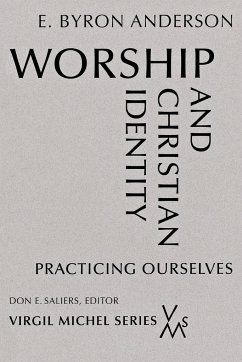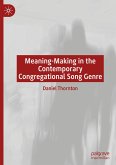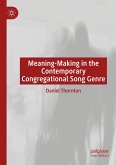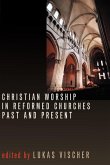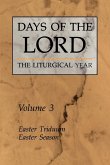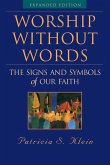Worship and Christian Identity argues that sacramental and liturgical practices are the central means by which a church shapes the faith, character, and consciousness of its members. Consequently, for any church to set aside such practices as outdated or irrelevant is to set aside the means by which the church nurtures and sustains its theological identity. From this perspective, Anderson explores the following questions: What is the relationship between worship and belief? What is the relationship between corporate worship and the formation of Christian persons and communities? What is the relationship between worship and our knowledge of ourselves, our world, and God? How might our attention to the reform and renewal of worship and sacramental practice provide a framework for theological, evangelical, and sacramental renewal? Questions of sacramental practice, inclusive or transformative language, and the renewal of congregational hymnody have been largely displaced by marketing questions and conflicts between "traditional" and "contemporary" worship. The hour of worship is subdivided now into increasingly specialized "target audiences" of singles, seekers, boomers, and "X-ers" with worship carefully packaged as "traditional" or "contemporary." What at various points has been understood as a "means of grace" is now seen primarily as a "means of numerical growth." Missing in the conflict between "traditional" and "contemporary" worship is significant discussion of what is at stake for the identity of Christian persons and communities in the shape and practice of worship. Perhaps more surprising, discussion of the theological shape and practice of worship also has been absent in discussions concerning theological standards. These absences suggest that for many in the church today, worship is a means for expressing a community's belief but has little to do with the shape and character of that belief. The assumption that worship is only or primarily a pragmatic means for expressing a community's belief stands in sharp contrast to the Christian tradition. This assumption also contrasts with the insights provided by recent work in ritual studies, psychology, and faith development.
Hinweis: Dieser Artikel kann nur an eine deutsche Lieferadresse ausgeliefert werden.
Hinweis: Dieser Artikel kann nur an eine deutsche Lieferadresse ausgeliefert werden.

